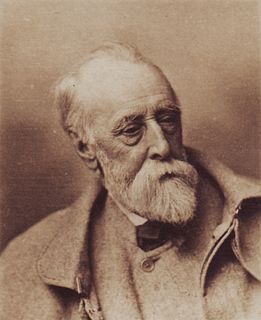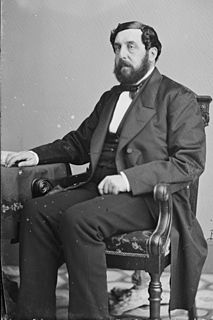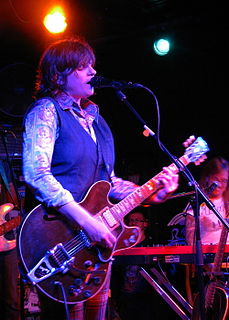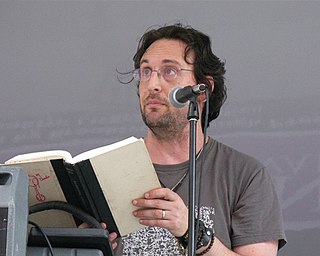A Quote by Anthony Minghella
I work fitfully, in hope rather than in expectation, invent methods which last a week, and fill notebooks with tiny, illegible writing which often defies my own attempts to decipher it.
Related Quotes
In the Bible (Hebrews, 6:19), hope is ‘an anchor of the soul, both sure and stedfast, and which entereth into that within the veil.’ Here [in Watts painting], Hope is blindfolded, seated on a globe and playing a lyre of which all but one of the strings are broken . . . Hope’s attempts to make music appear futile and several critics argued that the work might have been more appropriately titledDespair. Watts explained that ‘Hopeneed not mean expectancy. It suggests here, rather, the music which can come from the remaining cord’.
My writing process isn't a very organized thing. The actual writing part is a tiny part of my life. I often write in public. I bring my laptop or write freehand in notebooks. Then, I'll read through them while I exercise or walk the dog. The very last thing I do is the sitting alone at the computer part.
Few of those who fill the world with books, have any pretensions to the hope either of pleasing or instructing. They have often no other task than to lay two books before them, out of which they compile a third, without any new material of their own, and with very little application of judgment to those which former authors have supplied.
I see with much pleasure that you are working on a large work on the integral Calculus ... The reconciliation of the methods which you are planning to make, serves to clarify them mutually, and what they have in common contains very often their true metaphysics; this is why that metaphysics is almost the last thing that one discovers. The spirit arrives at the results as if by instinct; it is only on reflecting upon the route that it and others have followed that it succeeds in generalising the methods and in discovering its metaphysics.
The root of almost every schism and heresy from which the Christian Church has suffered, has been because of the effort of men to earn, rather than receive their salvation; and the reason preaching is so commonly ineffective is, that it often calls on people to work for God rather than letting God work through them.
On glancing over my notes of the seventy odd cases in which I have during the last eight years studied the methods of my friend Sherlock Holmes, I find many tragic, some comic, a large number merely strange, but none commonplace; for, working as he did rather for the love of his art than for the acquirement of wealth, he refused to associate himself with any investigation which did not tend towards the unusual, and even the fantastic.
Chinese landscape paintings often include tiny figures - as if to emphasize the grandeur of nature of which humankind is one small part. Think of the world in these terms, as larger in scale than the human. This is a healthy corrective to the commonplace view that people own the land, which exists to serve their purposes. Think big and live small.






































